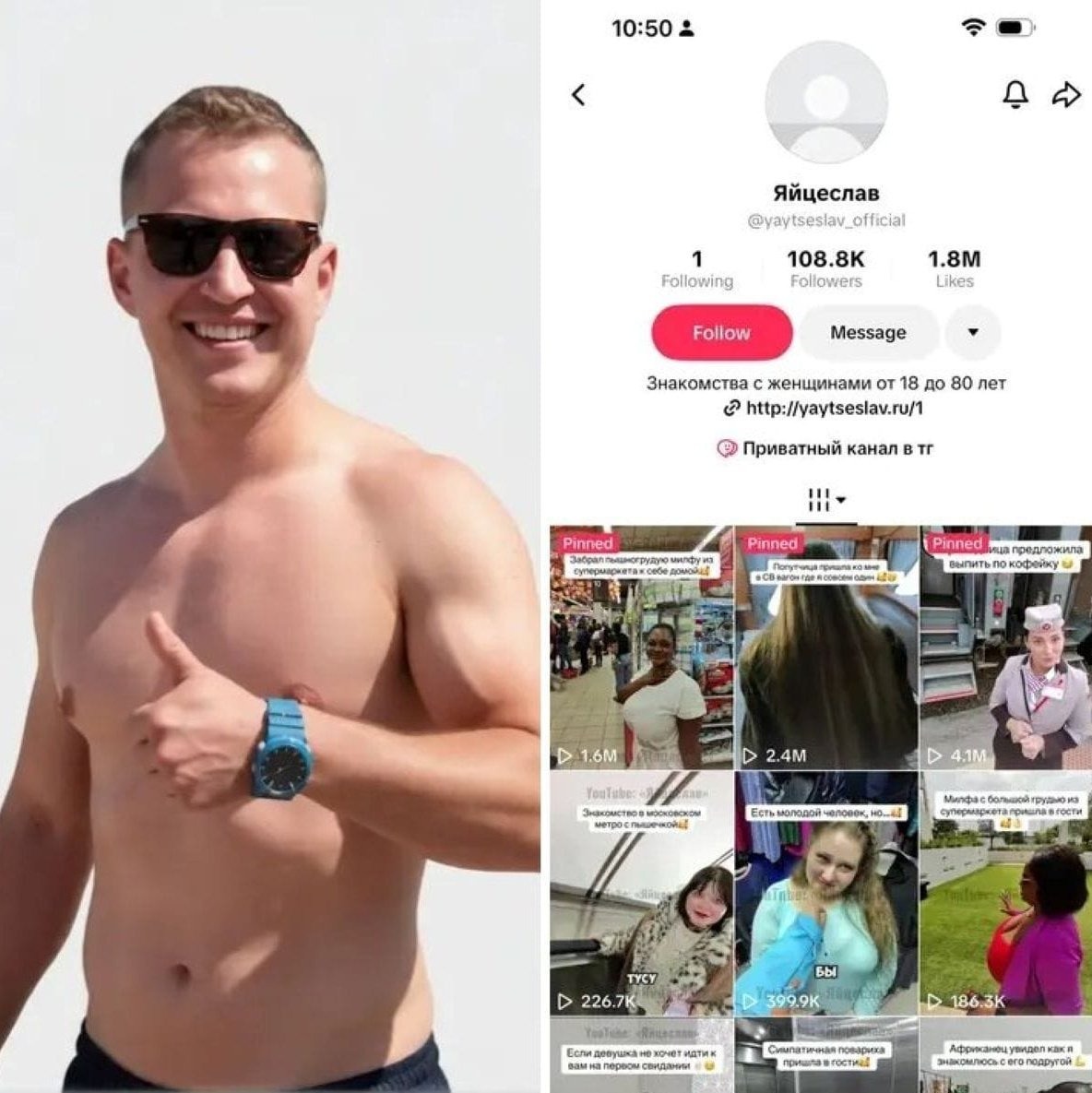Easing student-teacher ratio in schools
When Peggy Ochola, 28, the founder and director of PACEMaker International finished her secondary school education, she was unsure of her next step in life. Peggy, meticulous, ambitious and outgoing,
When Peggy Ochola, 28, the founder and director of PACEMaker International finished her secondary school education, she was unsure of her next step in life. Peggy, meticulous, ambitious and outgoing, didn’t want to stay indoors hence started volunteering in a neighboring children’s home near Kangemi in Nairobi.
According to Peggy, she only wanted to keep herself busy, as she knew well that an idle mind is the devil’s workshop. “I started volunteering with Hope House, a children’s home, as a way of keeping myself engaged,” she says.
Peggy adds that she had heard of how young people waste their lives after form four and she didn’t want it to happen to her. “That’s a very sensitive stage and the way one handles it determines the kind of a person one will become in future,” she points out.
She says that her decision to volunteer was also driven by her desire to help the less privileged. “All I wanted was to help other people with the skills I had,” she says.
Peggy says that most of the times the society shuns young people thinking that they have nothing to offer; yet they are full of potential.
“Young adults who have completed their high school education and are awaiting to join college are a forgotten lot, but this period can make or break one’s future hence the need to engage them constructively,” she reckons.
Falls in love with volunteering…
At Hope House, Peggy would help to do minor tasks like sweeping and playing with children among other activities delegated to her. While her parents wondered how she found satisfaction in the role she played in the organisation, Peggy felt she was doing something as she was meeting an area of need.
“The good thing is that the home was just a few kilometres from my home and so I would comfortably walk to and fro,” she says.
She was convinced that she was playing a big role in shaping the children’s future and this is the motivation she needed to keep going. Although she had fallen in love with the job, she had to discontinue as she was set to join university to pursue a Bachelors degree. She studied Chemistry at Harvard University. “ As I pursued my undergraduate education, I realized that my heart was in education. I am passionate about ensuring quality education for all children,” says Peggy emphatically.
At university, Peggy’s heart of volunteerism didn’t die- she volunteered in Tanzania and would organise students for home tuition during the weekends and holidays. It was during the tuition sessions that she noticed a void in the education sector when she noted that some schools had many pupils and few teachers, which made it hard for teachers to cover the whole syllabus to the detriment of the students.
“I came face-to-face with some of the consequences of free primary education. One of which was high student-teacher ratio in low-income areas and this greatly hampered service delivery. For example, you would find students preparing to sit for their final examinations, yet they could barely read or write,” she observes, noting that some students fail in their final exams not because they lack ability but because they are not prepared well, which includes syllabus coverage.
The birth of Pace Maker International…
Touched by the state of affairs, Peggy, together with her friends in Nairobi, decided to do something about it. “We came together and started PACEMaker International with the aim of creating equitable learning opportunities for students in rural and slum areas of Kenya,” she says.
Peggy discloses that education inequity majorly affects children in marginalized areas. She explains that at Pace Maker International, they complement the work of the Ministry of Education where they partner with some of the most populated schools by placing youthful volunteer assistants who help to ease the student-teacher ratio.
“Our volunteers are secondary school graduates who we pick while they are still in school. Immediately after sitting for the Kenya Certificate of Secondary Education, we train them as learning support assistants before posting them to various schools,” she says, adding that they post their students to schools near their homes. The volunteers help teachers to mark the books and making sure that each and every student is attended to as an individual.
“Each year, approximately 400,000 bright young Kenyans graduate from high school. Majority of them go on a nine-month break before joining university. Pace Maker helps them to keep constructively busy during this time. By effectively engaging these young people, we will unleash 216 million hours of learning support for students in under-resourced schools,” she says.
Peggy notes that their volunteers do not punish students when they misbehave; instead, they are trained to be like older sisters and brothers. “Each volunteer must be attached to a teacher who gives a report on his/her progress. We also send our coordinators to monitor them regularly,” says Peggy who adds that they also prepare the volunteers for post-secondary school life.
Before they admit a volunteer into the PACE Fellowship programme, they have to look at their performance and involvement in co-curricular activities. “We want people who can mingle with students freely and even help them to solve any other challenge they may be facing apart from class work,” she expounds. Peggy says that the transition period prepares volunteers for university life.
“The volunteers develop their confidence, leadership and problem-solving skills during that period. They also learn the importance of being responsible; appreciating what they have, time keeping and even the act of helping the less privileged. In addition, the volunteers get to be mentored by the teachers they are attached to,” she says.
Peggy reveals that the institutions they work with are grateful for the work they do as it reduces the strain on teachers. Furthermore, students open up more to the volunteers than to teachers making learning easy. She observes that they have recorded tremendous progress in the schools they have partnered with and they are looking forward to expand the organisation.
Hurdles they face…
Peggy admits that at the beginning, it wasn’t easy and that most of the people they started off with left for greener pastures. “We had a good plan and we had to find the money to implement the ideas and the programmes,” she notes.
She says that they needed resources to run the organisation as well as support their volunteers. To overcome this challenge, they had to host events and sell T-shirts in order to raise funds. The organisation currently has its presence in four counties namely Kiambu, Kajiado, Baringo and Nairobi and they want to expand to other regions in order to reach more students.
To enhance the sustainability of their work, Peggy says that they are planning to start offering for-profit tutoring. “We will help the students do revision on their own or with colleagues without the presence of the teachers,” she explains.
On volunteering, Peggy notes that it exposes one to so many learning opportunities and encourages parents to allow their children to volunteer. “Sometimes we discover our talents and purpose when we give ourselves to help the people around us,” says Peggy who firmly believes that you do not need to do something big to make an impact in society.
Peggy admits that her desire is to extend to other African countries, as education is the only key out of hardships. “I dream of Africa where all children, regardless of their background, can access quality education,” she concludes.




